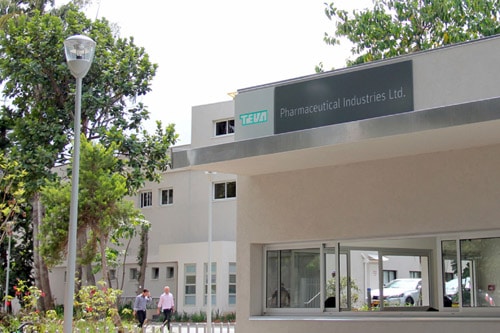
Teva and partner Active Biotech have said they will continue to develop multiple sclerosis (MS) candidate laquinimod, despite side effects seen in two late-stage trials.
The two companies halted treatment with higher doses of laquinimod in the CONCERTO and ARPEGGIO trials on the recommendation of an external monitoring committee, but will continue to study lower doses of the drug.
Eight patients across the studies suffered cardiovascular side effects, all of whom were on higher doses of the orally-active immunomodulator therapy (1.2mg or 1.5mg per day), according to Teva. None of the cases was fatal, and there was no evidence of any events on the lower dose (0.6mg).
Teva and Active Biotech have been through the mill trying to bring laquinimod to market, which was rejected for approval in Europe in 2014 after the Committee for Medicinal Products for Human Use (CHMP) said it needed additional evidence of a clinical benefit.
Earlier, Teva reported disappointing results from a phase III trial of the drug in relapsing-remitting MS which showed it was unable to reduce the annual rate of relapse compared to placebo. The two companies have been working together on the drug since 2004.
Teva has been trying to bring an orally-active MS therapy to market alongside its long-established injectable therapy Copaxone (glatiramer acetate) – which made more than $4bn in sales last year but is now facing generic competition in the US from Sandoz/Momenta’s Glatopa.
Moreover, Copaxone and other injectable MS treatments such as beta interferons have already been under pressure thanks to the emergence of a trio of new oral therapies – Biogen’s Tecfidera (dimethyl glutamate), Novartis’ Gilenya (fingolimod) and Sanofi’s Aubagio (teriflunomide) – that have rapidly found favour with patients and doctors.
The CONCERTO trial will continue in patients with relapsing-remitting MS, as will ARPEGGIO in the more severe secondary-progressive form of the disease. Patients enrolled in the trials will be provided with an update to confirm re-consent for participation.




